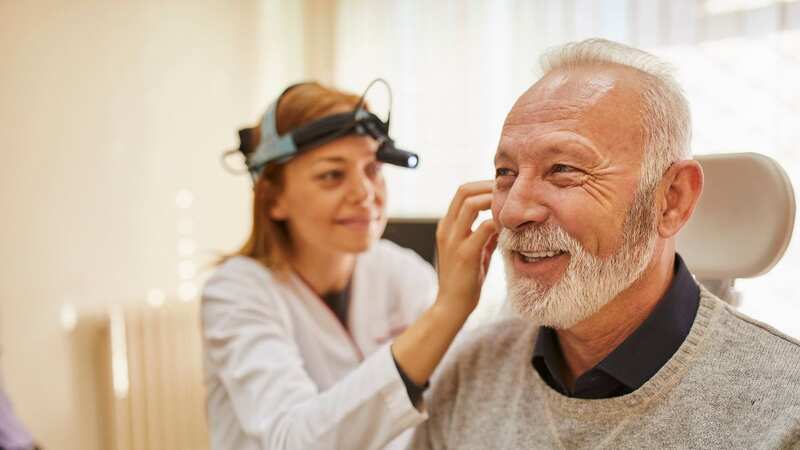

Would you believe we can track how the heart is functioning through the ear? Yes, it’s extraordinary. A study, co-led by PhD student Metin Yarici of Imperial College London, has shown for the first time how a tiny device in a one ear can gather electrocardiogram (ECG) data in real time.
We’re used to wearables like smartwatches that track bodily functions and can give us an estimate of our heartbeat. Unfortunately, they’re not designed to measure the electrical current of the heart accurately and unobtrusively, or diagnose an irregular heartbeat, the most common of which is atrial fibrillation.
The team has identified the ear as a place from which to monitor both brain function and our vital signs, via so-called hearable devices – a wearable that can fit snugly within the outer ear canal. They have also pioneered ear-ECG, where electrodes put in both ears record valid electrocardiograms.
Participants’ cardiac cycles were measured with standard electrodes, confirming for the first time that the signals from a single ear-ECG were accurate in shape and timing. Yarici said: “The significance of our findings lies in the high practicality and usability of the single ear-ECG.
“We believe that this method holds great promise in bringing continuous cardiac motoring out of a clinical setting and into society, and with it, new insights into heart functioning for healthy and patient populations alike. An important next step in this research is to test the feasibility of detecting specific abnormalities in heart function, such as atrial fibrillation or myocardial infarction, via the single ear-ECG.”
 Teachers, civil servants and train drivers walk out in biggest strike in decade
Teachers, civil servants and train drivers walk out in biggest strike in decade
The application of this invention is revolutionary. The researchers say the technology could one day be used to monitor patients and athletes remotely, for example, in a 24/7 continuous way, and to assess the effect of physical strain and stress in workplace environments.
The senior study author, Professor Danilo Mandic, from the Department of Electronic Engineering at Imperial, said: “This is a pioneering way of taking an ECG from the ear canal to detect early signs of chronic heart problems, monitor heart condition and administer personalised delivery of medications. People will not have to feel ill before they go to their doctor as devices could pick up ECG data in real time.
“Our ear-ECG hearables can stream data wirelessly, and the system ties well with the developments in AI and the push towards eHealth [healthcare supported by digital processes]. Earbuds can be put in easily and are very discreet, unobtrusive and non-stigmatising, unlike electrodes worn on the scalp or neck.” Let’s hope the NHS takes this up.